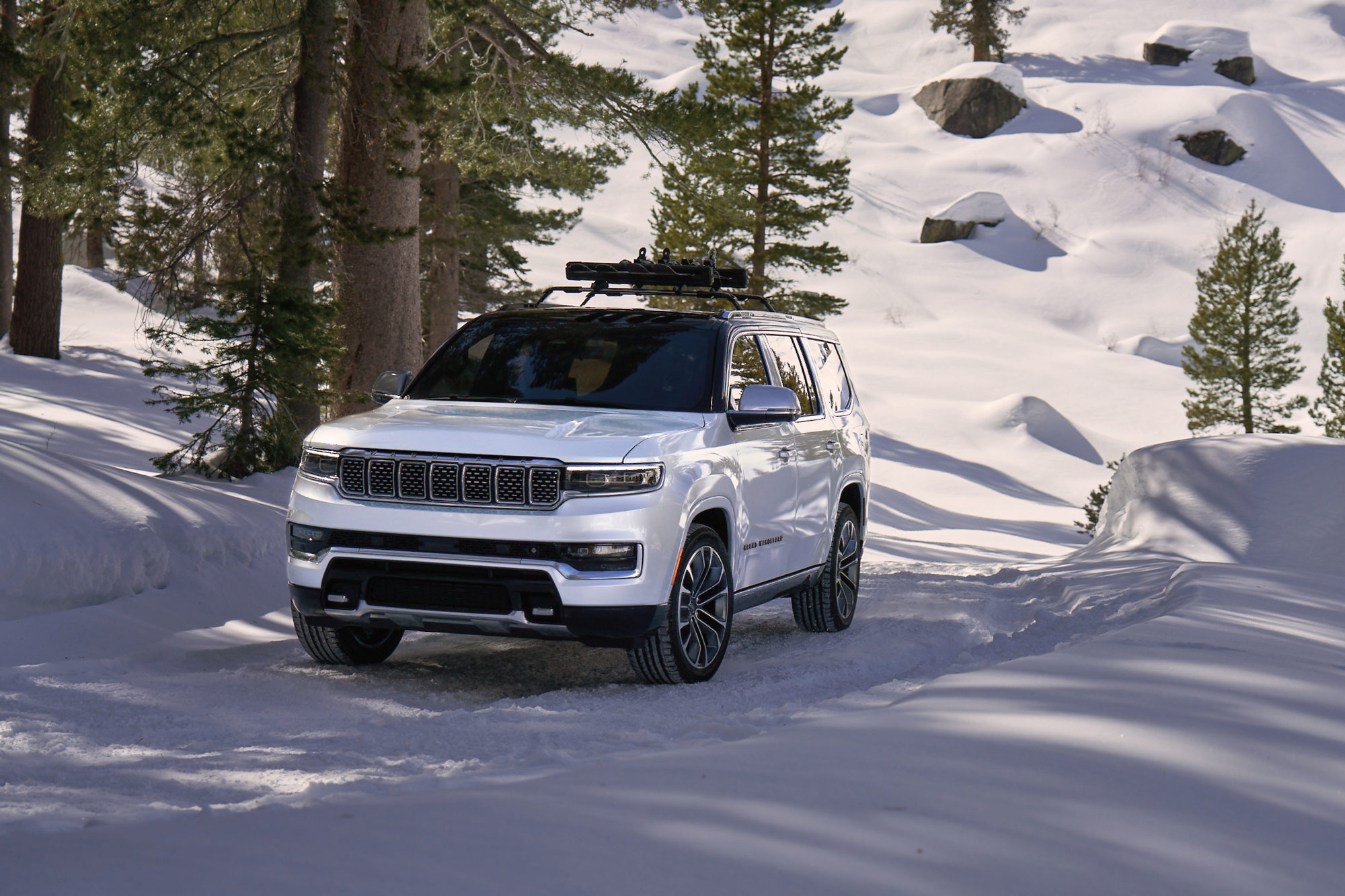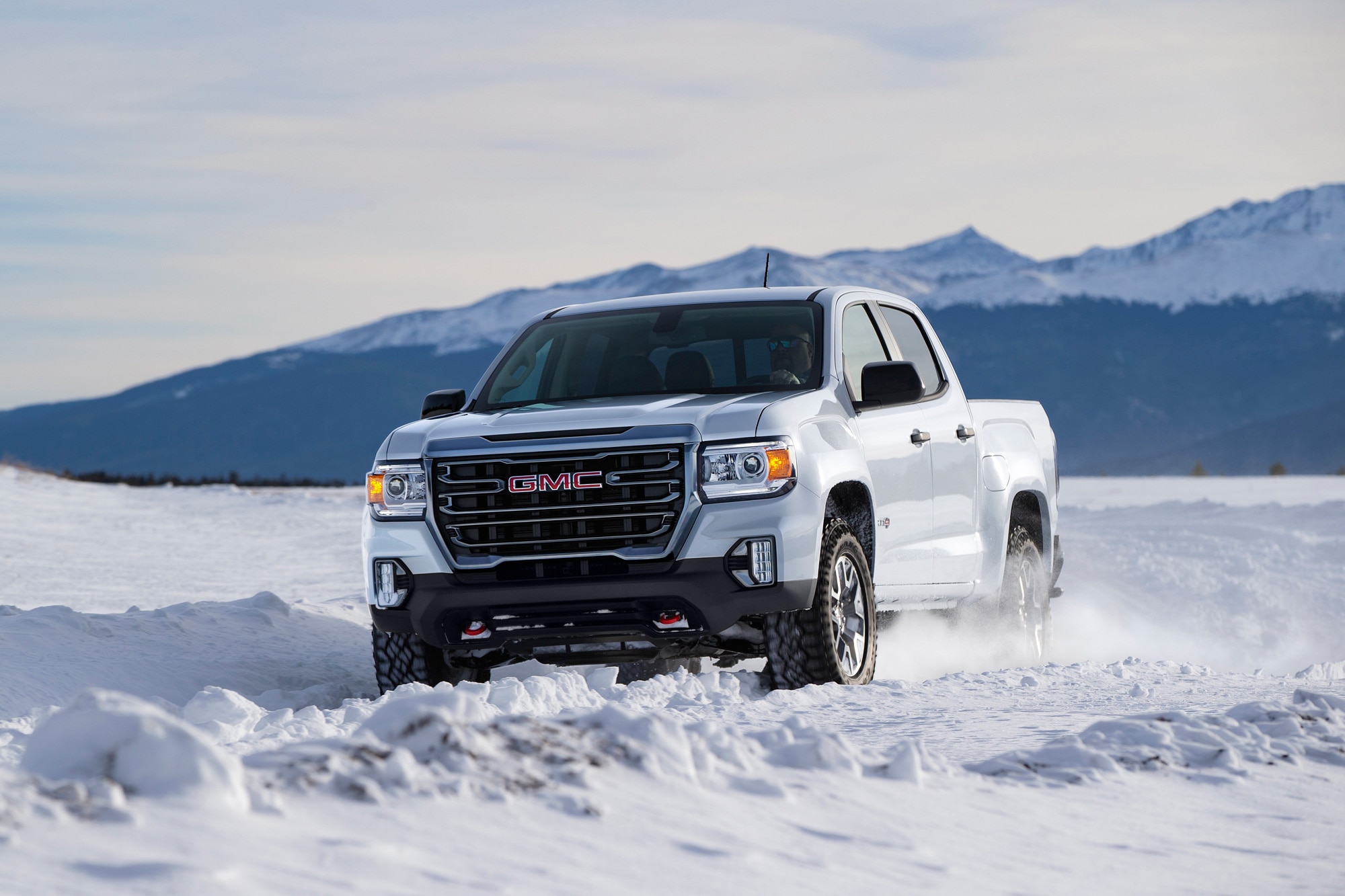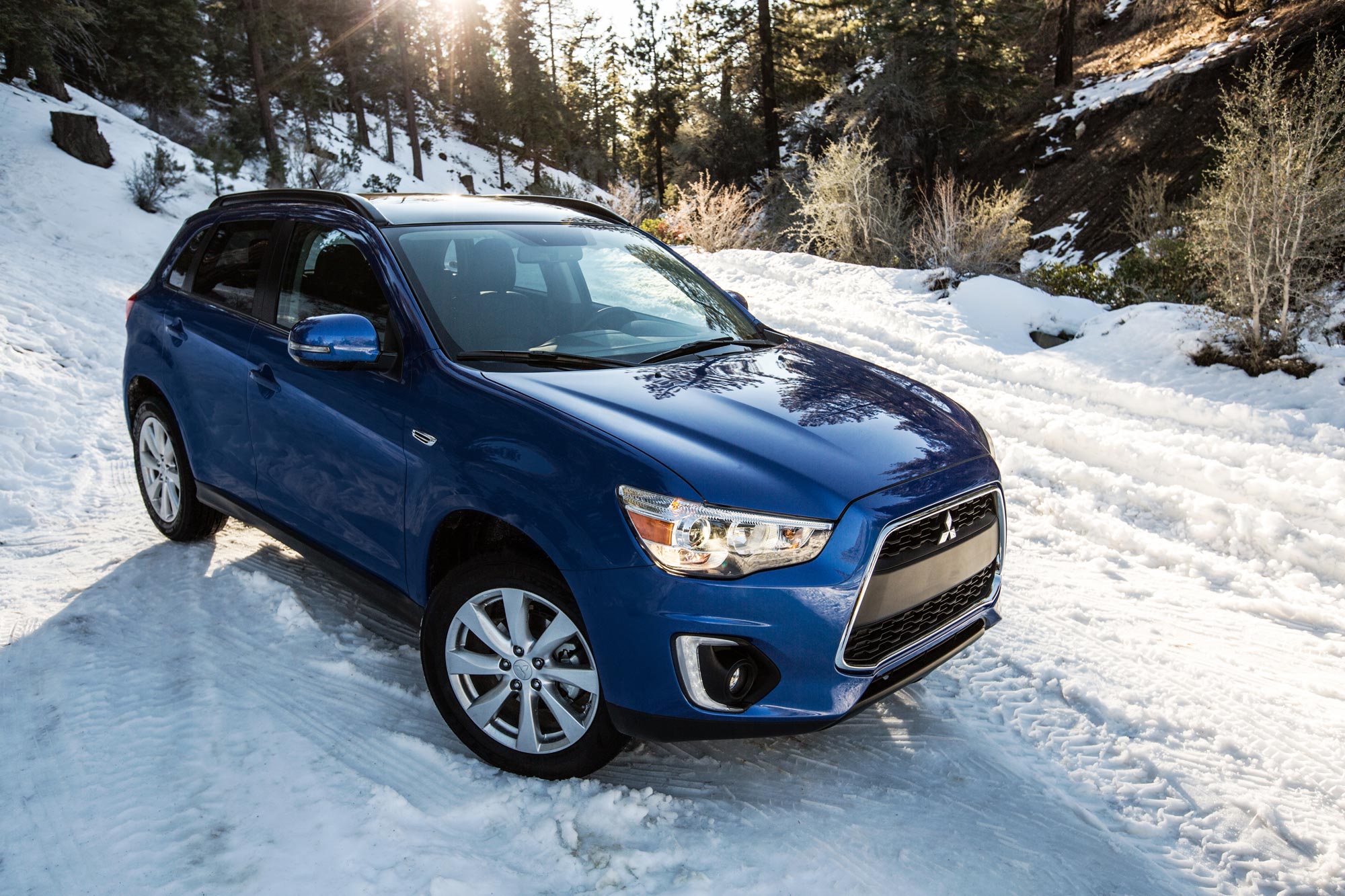Can You Use Winter Tires Year-Round?
Unless you live in a perpetually icy place, the short answer is no.
 Ford
Ford
Seasonally installing winter tires on your vehicle is a smart idea for anyone who lives in a snowy region. But given their expense and the hassle of swapping them, you might wonder if you can leave them on your car beyond the coldest months — possibly even all year. There are several reasons this is unwise.
 Jeep
Jeep
Winter Tires Have a Dedicated Purpose and Design
Compared with summer and all-season tires, winter tires have a higher natural rubber compound, which keeps them flexible and soft in freezing weather so they can grip the road. The tread blocks have thousands of tiny slits, known as sipes, that bite into snow, slush, and ice.
The deep grooves between the blocks help with a few things. The slanted, sometimes jagged channels disperse water away from the tire, preventing hydroplaning in slushy conditions. As snow packs into those grooves, it can actually enhance the tire's traction in deep snow due to snow-on-snow friction. Lastly, as they do with water, those wide channels readily release caked-on snow as they roll, so the tires can grip whatever lies ahead.
These features, however, do little good in the warm, dry months. They're in fact more likely to be detrimental to your overall driving experience.
 GMC
GMC
Their Soft Compound Doesn't Hold Up Well to Heat
Winter-tire rubber is simply too soft to use in warm weather. The compound heats up very quickly in non-frigid conditions and loses its shape and its rigidity. This naturally results in tire deformation and premature, often uneven wear.
The tread blocks will erode rapidly, leaving you with bald tires that struggle to grip the road and tend to slide on wet surfaces. You may even suffer a blowout.
When a tire wears unevenly, it also may no longer roll smoothly, which can create a rougher ride as well as excess vibration and noise.
While great for finding traction on sleet-covered surfaces, the deep tread and chunky blocks of a winter tire lead to higher-than-average rolling resistance. That means the vehicle needs to work a bit harder to overcome the tire's resistance and maintain speed, resulting in a decrease in fuel economy.
 Mitsubishi
Mitsubishi
Watch the Weather
Whether you pilot a small vehicle such as a Ford Focus, a large people mover such as a Jeep, a crossover like a Mitsubishi Outlander, or a truck like the GMC Canyon, it's important to swap your winter tires for all-season or summer tires when the thermometer consistently reads above 46 degrees Fahrenheit.
Winter tires aren't cheap, so use them only when you need them and store them when you don't. If you invest in a set of dedicated wheels for your winter tires, you can likely do the swap yourself with a jack and a torque wrench.
Written by humans.
Edited by humans.
 Marcus Amick
Marcus AmickMarcus Amick has more than 20 years of journalism experience covering the world of automobiles, transportation, and mobility. The native Midwesterner—who now splits his time between Los Angeles and the Metro Detroit area—has written for a number of national automotive industry and consumer media outlets. Marcus also consults in the automotive sector, providing insight on lifestyle trends and how consumers connect with vehicles beyond the sheet metal.
Related articles
View more related articles